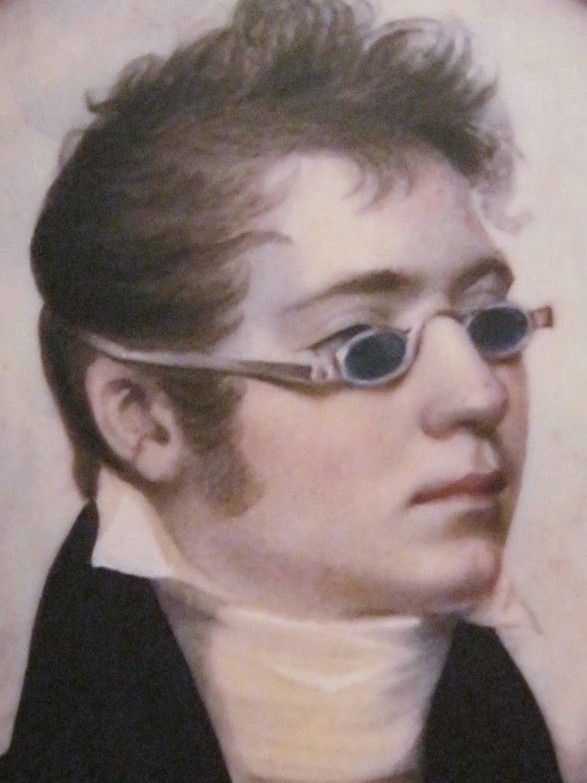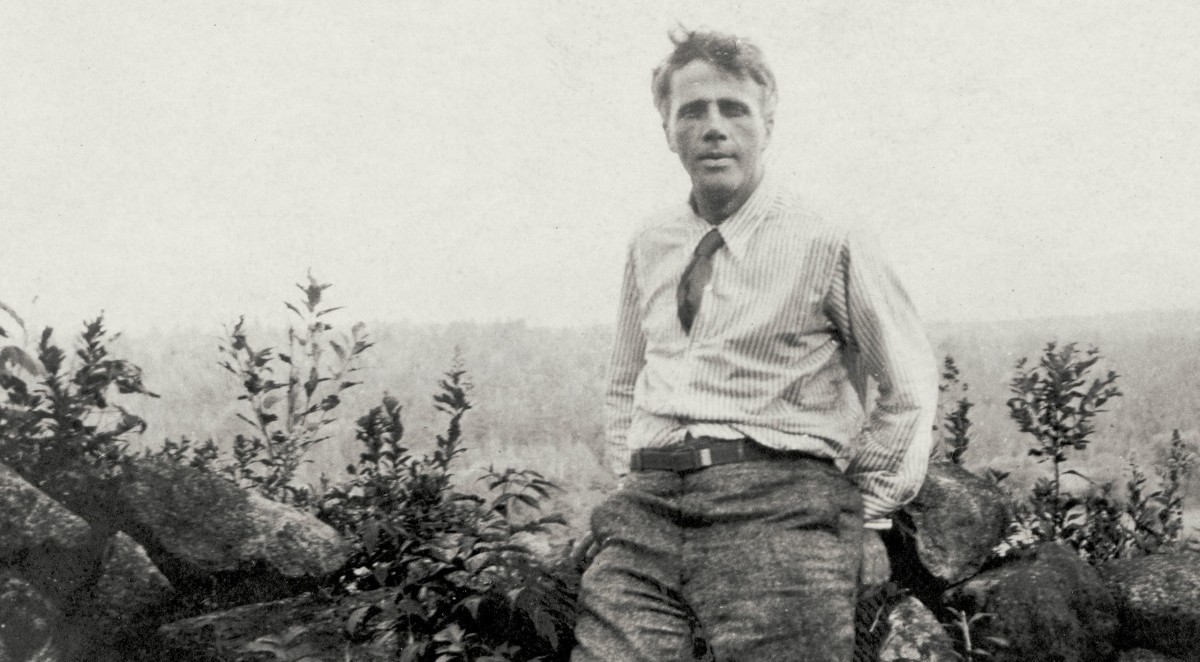
As a practicing nihilist, I’m often reminded of the following quote from Fyodor Dostoyevsky’s The Idiot:1
Young ladies have only to crop their hair, put on blue spectacles2, and dub themselves Nihilists, to persuade themselves at once that they have immediately gained “convictions” of their own.
I’d always imagined this to mean “blue-rimmed spectacles”3, but then I came across the following quote in Patrick O’Brian’s4 The Far Side Of The World:
“The other thing that occurred to me,” [Jack] said [to Stephen], turning round, “is that it is extremely awkward talking to a man with hair all over his face; you cannot tell what he is thinking, what he really means, whether he is false or not. Sometimes people wear blue spectacles, and it is much the same.”
And in the next book, The Reverse Of The Medal:
[Stephen] wore a plain blue coat, and as he glanced at the flagship before putting on his blue spectacles they noticed his curiously pale eyes.
Apparently, these blue spectacles are sunglasses. This makes a lot of sense. As a practicing indoor sunglasses wearer, I’ve often remarked on their philosophical value. In fact, Bertrand Russell used them in an illustration in preparation for explaining Kant in Our Knowledge Of The External World As A Field For Scientific Method In Philosophy (1914). This is significant, since the term “nihilism” was popularized by Friedrich Heinrich Jacobi (1743–1819) who thought it was the result of thinking like Kant.


